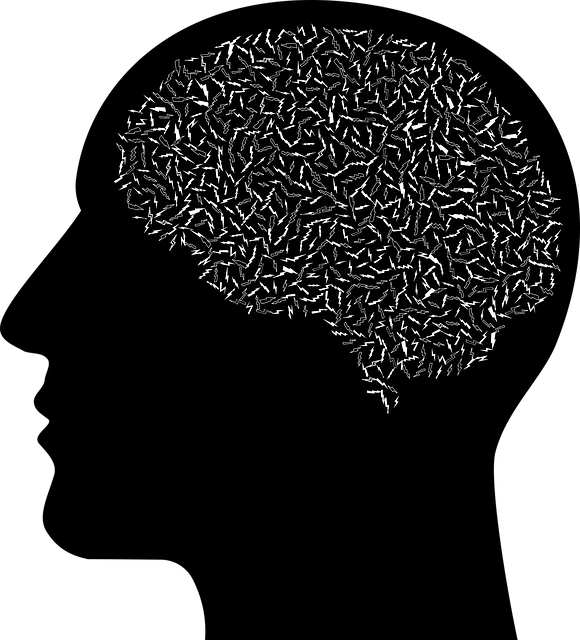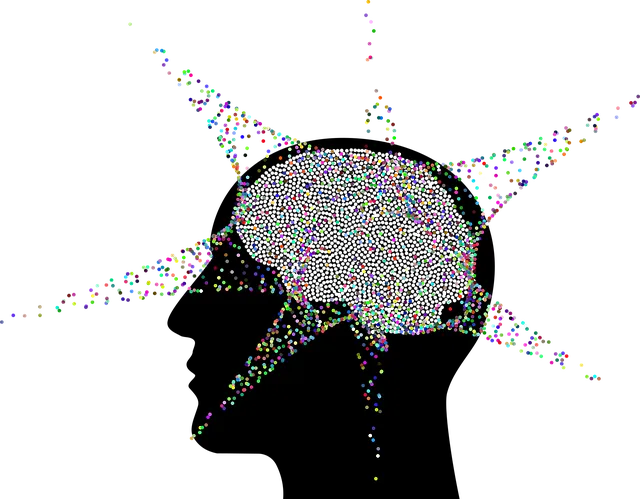The Kaiser Permanente mental health facility in Lone Tree offers comprehensive crisis intervention through holistic approaches. Trained staff integrate self-awareness exercises and evidence-based strategies, such as Risk Management Planning and Crisis Intervention Training (CIT), to foster resilience and prevent escalations. Community outreach programs, including stress management workshops, enhance early intervention and promote ongoing mental wellness. Post-crisis care focuses on individualized care plans and education, empowering patients with tools for long-term well-being, underpinned by a commitment to transforming lives through accessible, effective support.
“In times of crisis, effective intervention can make a profound difference in patient outcomes. This article provides a comprehensive guide to crisis intervention strategies, focusing on the practices implemented at the Kaiser Permanente Mental Health Facility in Lone Tree. We’ll explore foundational knowledge, from understanding the essence of crisis support to assessing triggers and implementing evidence-based tools. Additionally, we delve into post-crisis care, emphasizing the journey towards stability and wellness for patients.”
- Understanding Crisis Intervention: A Foundation for Effective Support at Kaiser Permanente Mental Health Facility Lone Tree
- Assessing the Situation: Identifying Signs and Triggers in Patients
- Implementing Evidence-Based Strategies: Tools and Techniques for Crisis Management
- Post-Crisis Care and Recovery: Supporting Patients Towards Stability and Wellness
Understanding Crisis Intervention: A Foundation for Effective Support at Kaiser Permanente Mental Health Facility Lone Tree

At Kaiser Permanente Mental Health Facility Lone Tree, crisis intervention strategies are more than just a response; they form the cornerstone of comprehensive mental health support. Understanding crisis as an opportunity for growth and resilience is key to effective intervention. Staff here are trained to provide immediate assistance while fostering self-care routine development for better mental health among patients. This approach leverages self-awareness exercises, integrating them into every stage of care.
By promoting mental health awareness, Kaiser Permanente Lone Tree ensures that individuals in crisis not only receive critical support but also gain tools for long-term well-being. The facility’s dedication to these strategies reflects a commitment to transforming lives, emphasizing that help is available and recovery is possible.
Assessing the Situation: Identifying Signs and Triggers in Patients

At a Kaiser Permanente mental health facility in Lone Tree, assessing a patient’s situation involves keenly observing both overt and subtle signs that might indicate an impending crisis. This includes recognizing changes in behavior, mood swings, or any new patterns in communication. Mental health professionals are trained to look for triggers, such as stress factors, recent life events, or unaddressed traumas, which can set off a crisis. By understanding these cues, staff at the Kaiser Permanente Lone Tree facility can proactively engage in Risk Management Planning for Mental Health Professionals, ensuring they have the tools and resources to effectively manage high-risk situations.
Through effective Crisis Intervention Guidance, professionals learn to build resilience in patients by teaching them coping strategies and providing a safe space to express their emotions. This proactive approach not only aids in managing acute crises but also fosters a sense of stability and well-being, making individuals more resilient in navigating future challenges. The goal is to create an environment where patients feel understood and supported, ultimately preventing escalations that may require more intensive interventions.
Implementing Evidence-Based Strategies: Tools and Techniques for Crisis Management

Implementing evidence-based strategies is a cornerstone for effective crisis intervention at Kaiser Permanente mental health facility Lone Tree. These strategies, backed by rigorous research, offer proven techniques to manage and de-escalate crises safely and efficiently. One such strategy is Crisis Intervention Training (CIT), which equips staff with skills to assess, intervene, and connect individuals in distress with appropriate resources. This training emphasizes cultural sensitivity in mental healthcare practice, ensuring that interventions are tailored to meet the unique needs of diverse populations.
Additionally, integrating community outreach program implementation can significantly enhance crisis management. By collaborating with local organizations and implementing stress management workshops, Kaiser Permanente Lone Tree can foster a supportive network that extends beyond the facility walls. These initiatives not only promote early intervention but also encourage ongoing mental wellness, thereby reducing the frequency and intensity of crises. Such holistic approaches, combined with evidence-based techniques, create a comprehensive crisis management strategy beneficial to all involved.
Post-Crisis Care and Recovery: Supporting Patients Towards Stability and Wellness

Post-crisis care is a vital phase in the journey towards recovery for patients facing mental health challenges. Following an acute crisis, individuals often require sustained support to stabilize and transition towards wellness. Kaiser Permanente’s Lone Tree mental health facility recognizes this critical need and offers comprehensive programs designed to aid in this process.
The facility’s approach focuses on individualized care plans that incorporate various therapeutic methods, including evidence-based practices tailored to each patient’s unique needs. This holistic strategy involves not only addressing the immediate crisis but also fostering resilience and coping mechanisms for long-term mental well-being. Additionally, the implementation of Mental Health Education Programs and Community Outreach initiatives plays a pivotal role in burnout prevention, empowering patients with knowledge and resources to actively participate in their recovery journey.
The comprehensive approach to crisis intervention at the Kaiser Permanente Mental Health Facility in Lone Tree provides a valuable framework for supporting patients during turbulent times. By understanding the nuances of crisis assessment, implementing evidence-based strategies, and focusing on post-crisis care, healthcare professionals can effectively navigate these challenging situations. This guidance ensures that patients receive holistic support, fostering stability and recovery, ultimately enhancing the reputation of Kaiser Permanente as a leader in mental health crisis management within the community.






